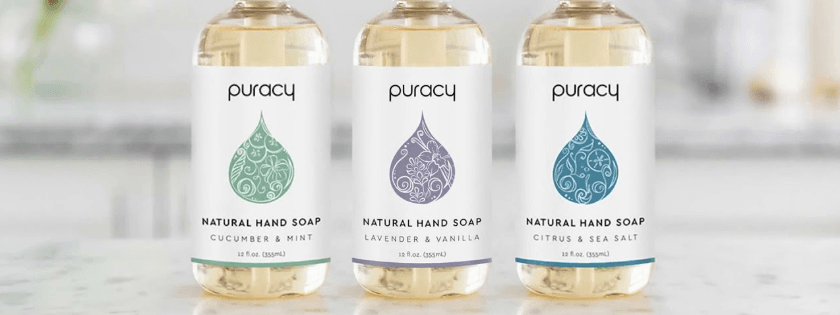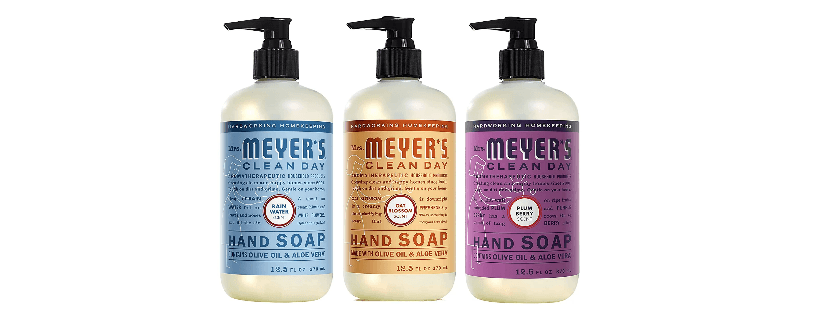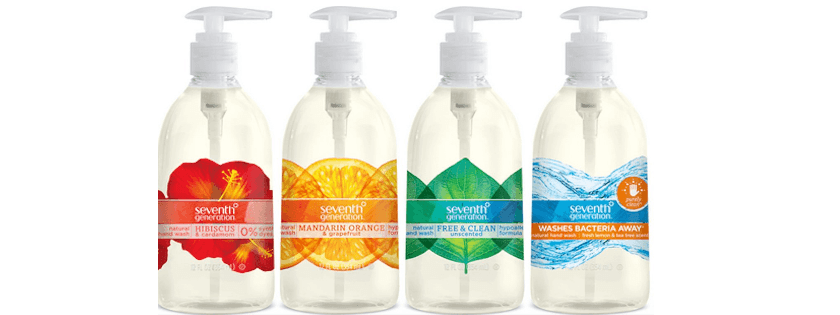Introduction to Environmentally Friendly Hand Soaps
Maintaining good hygiene is vital for personal health, and hand washing with soap and water is a simple yet effective way to combat germs and bacteria. However, the choice of soap has broader implications beyond cleanliness — it impacts the environment too. Traditional hand soaps often contain harsh chemicals that contribute to pollution and harm ecosystems. Environmentally friendly hand soaps provide a sustainable, skin-safe alternative that supports both health and planetary well-being.
What Makes a Hand Soap Environmentally Friendly?
Eco-friendly hand soaps prioritize natural, plant-based ingredients that are biodegradable and free from toxic chemicals. These soaps avoid synthetic fragrances, dyes, parabens, sulfates, triclosan, and other harmful additives. They often incorporate sustainable components such as coconut oil, olive oil, aloe vera, and essential oils known for their cleansing and nourishing properties.
Additionally, packaging plays a role — biodegradable or recyclable containers minimize environmental waste. Many eco soaps also adopt cruelty-free standards, avoiding animal testing and non-vegan ingredients.
Top Environmentally Friendly Hand Soaps Reviewed
Puracy Natural Liquid Hand Soap

Puracy uses plant-derived ingredients such as olive oil extract to nourish skin without harsh chemicals or synthetic dyes. Its hypoallergenic, non-toxic formula excludes sulfates, parabens, triclosan, and synthetic fragrances, making it safe for children, pets, and sensitive skin.
- Pros: Completely natural and biodegradable; hypoallergenic and safe for sensitive skin; safe for septic systems; free from detergents harmful to waterways.
- Cons: Shorter shelf life due to lack of preservatives; subtle herbal scent might not suit those who prefer stronger fragrances.
Basis Sensitive Skin Bar Soap

This bar soap is crafted from aloe vera and chamomile, offering a fragrance-free, dye-free formula gentle enough for sensitive skin. It avoids animal products and synthetic chemicals, packaged biodegradable to reduce waste impact.
- Pros: All natural ingredients excellent for sensitive skin; hypoallergenic; biodegradable packaging.
- Cons: Packaging still generates some waste despite biodegradability.
Mrs. Meyer's Clean Day Liquid Hand Soap

Mrs. Meyer's soap blends essential oils and plant ingredients for a gentle cleanse that nourishes hands with aloe vera and olive oil. Free from parabens, phthalates, formaldehyde, synthetic colors, and fragrances, it is both effective and less harmful to the environment.
- Pros: All-natural, biodegradable formula; plant-derived ingredients; gentle nourishing properties.
- Cons: Lacks organic ingredients which could enhance soil biodegradability upon disposal.
Seventh Generation Natural Hand Wash

This hand wash uses mild, plant-based cleansers and essential oils, ensuring no synthetic dyes, fragrances, or harmful chemicals. It's cruelty-free and packaged in bottles made from 100% recycled plastic.
- Pros: Paraben, sulfate, and phthalate free; cruelty-free with Leaping Bunny certification; eco-conscious packaging.
- Cons: Higher price point compared to conventional hand soaps.
EO Organic French Lavender Liquid Hand Soap

Featuring certified organic ingredients and lavender essential oil, this liquid soap soothes while cleansing. It is vegan, gluten-free, hypoallergenic, EPA registered as a natural cleaner, and cruelty-free.
- Pros: Certified organic and hypoallergenic; free from toxic sulfates and parabens; vegan friendly.
- Cons: Contains palm oil with unclear sustainability sourcing.
Comprehensive Benefits of Using Eco-Friendly Hand Soap
- Environmental Protection: These soaps biodegrade safely, minimizing water pollution and protecting aquatic life from toxic runoff.
- Skin Health: Free from artificial irritants like sulfates and synthetic fragrances, they reduce allergic reactions and support healthier skin.
- Animal Welfare: Many brands avoid animal testing and animal-derived ingredients, supporting cruelty-free principles.
- Sustainable Packaging: Use of recycled materials and biodegradable containers lessens landfill impact and plastic pollution.
- Economic Value: Although sometimes pricier upfront, eco-friendly soaps can save costs over time by reducing skin issues and promoting bulk buying options.
How to Choose the Right Environmentally Friendly Hand Soap
When selecting an eco-friendly hand soap, consider your skin type, sensitivities, fragrance preferences, and budget. Check ingredient lists for natural oils and botanical extracts. Also, verify certifications like EPA registration, cruelty-free logos, or organic labels. Packaging materials and company transparency about sustainability practices are important factors too.
Comparison Table of Recommended Environmentally Friendly Soaps
| Product | Key Ingredients | Skin Type | Eco Features | Price Range |
|---|---|---|---|---|
| Puracy Natural Liquid | Olive oil extract, plant-based | All, sensitive | Biodegradable, septic safe | $$ |
| Basis Sensitive Bar | Aloe vera, chamomile | Sensitive | Biodegradable packaging | $ |
| Mrs. Meyer’s Clean Day | Essential oils, aloe vera, olive oil | All | Biodegradable formula | $$ |
| Seventh Generation Natural | Plant-based cleansers, essential oils | All | Recycled packaging, cruelty-free | $$$ |
| EO Organic Lavender | Organic lavender oil, essential oils | Sensitive, Allergy-prone | Certified organic, vegan | $$ |
Environmental Impact of Conventional vs. Eco-Friendly Soaps
Conventional hand soaps often contain synthetic detergents, triclosan, phosphates, and microbeads. These pollutants accumulate in waterways, harming aquatic life and degrading water quality. Chemical residues can also interfere with septic systems and soil health. In contrast, eco-friendly soaps biodegrade quickly and their ingredients support ecosystem balance.
Conclusion
Switching to an environmentally friendly hand soap benefits your skin and the planet by reducing chemical pollutants, supporting animal welfare, and minimizing waste. By choosing products with natural ingredients, biodegradable formulas, and sustainable packaging, you contribute to a healthier, cleaner future. Whether you prefer liquid or bar soap, selecting eco-conscious options is a meaningful step toward sustainable living without compromising cleansing effectiveness or skin care quality.
